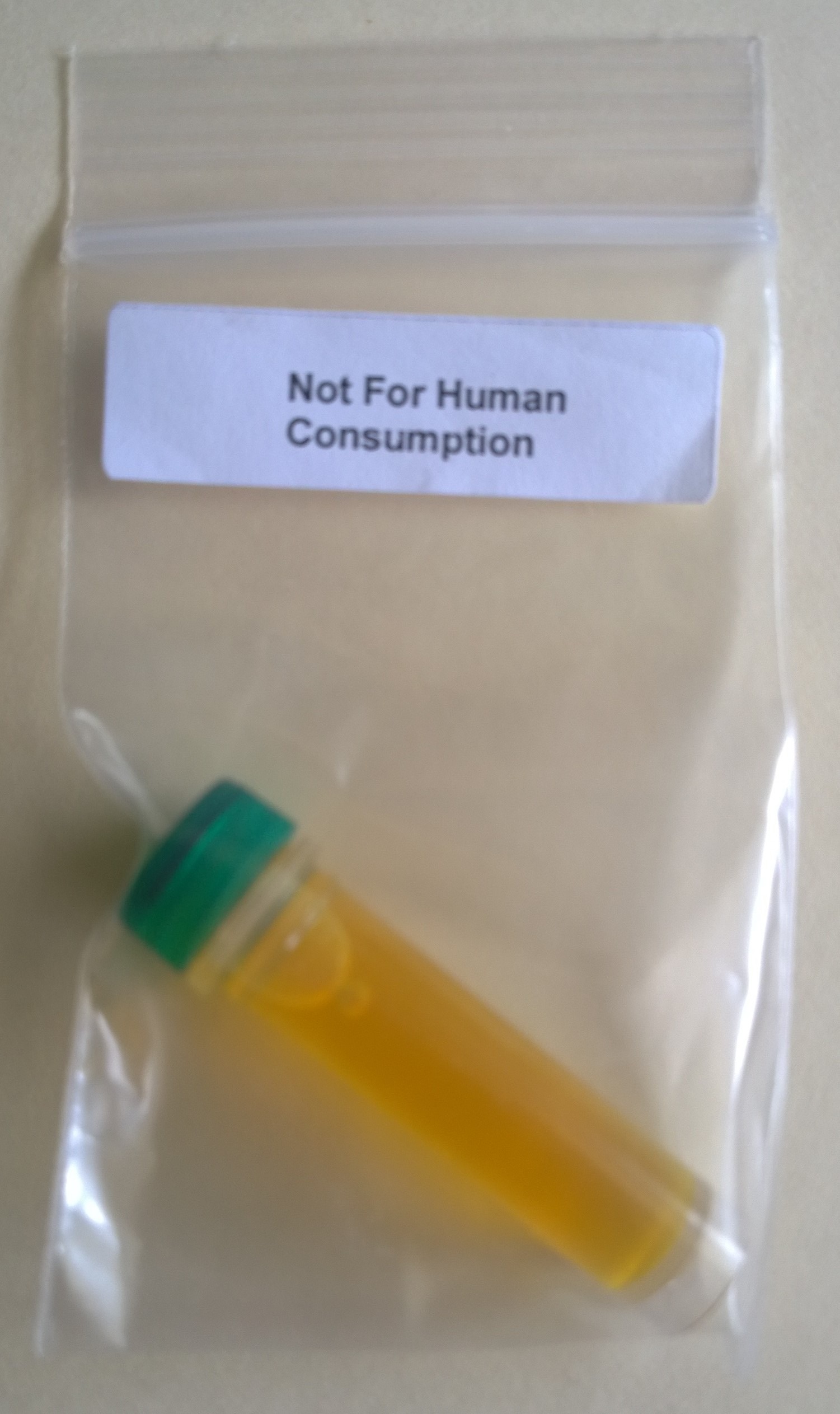
Among women DTC participants, 20% met PTSD criteria, compared to 12% in the general population and 20–45% among female offenders ( Goff, Rose, Rose, & Purves, 2007 Resnick, Kilpatrick, Dansky, Saunders, & Best, 1993). Women with a current major depression episode were almost 6 times likelier to relapse with cocaine use compared to those depressed within the past 1 month to 1 year ( Johnson et al., 2011). Women are twice as likely to be depressed or anxious compared to men in DTC ( Gray & Saum, 2005). Self-determination theory helps explain motivation required to address the women’s healthcare needs and multiple demands at all levels of the Socio-Ecological Model.ĭepression, posttraumatic stress disorder (PTSD) and trauma histories are paramount among women DTC participants. Socio-Ecological levels contained experiences either supporting or eroding women’s motivation needs: 1) intrapersonal challenges participants termed an “evil cycle” of relapse, recidivism, trauma, and life challenges 2) interpersonal context of parenting and stigma involving features of this “evil cycle” 3) institutions with logistical barriers to legal and medical assistance 4) community resources inadequate to support living and employment needs. Themes emerged across the Socio-Ecological Model and were cross-mapped with self-determination theory-defined motivation needs for autonomy, relatedness, and competence. Five focus groups with 8 women drug court participants, 8 court staff, and 9 community service providers were examined using qualitative framework analysis.


We explored healthcare-related experiences of women drug court participants through combining context from the Socio-Ecological Model with motivation needs for health behavior as indicated by self-determination theory.


 0 kommentar(er)
0 kommentar(er)
